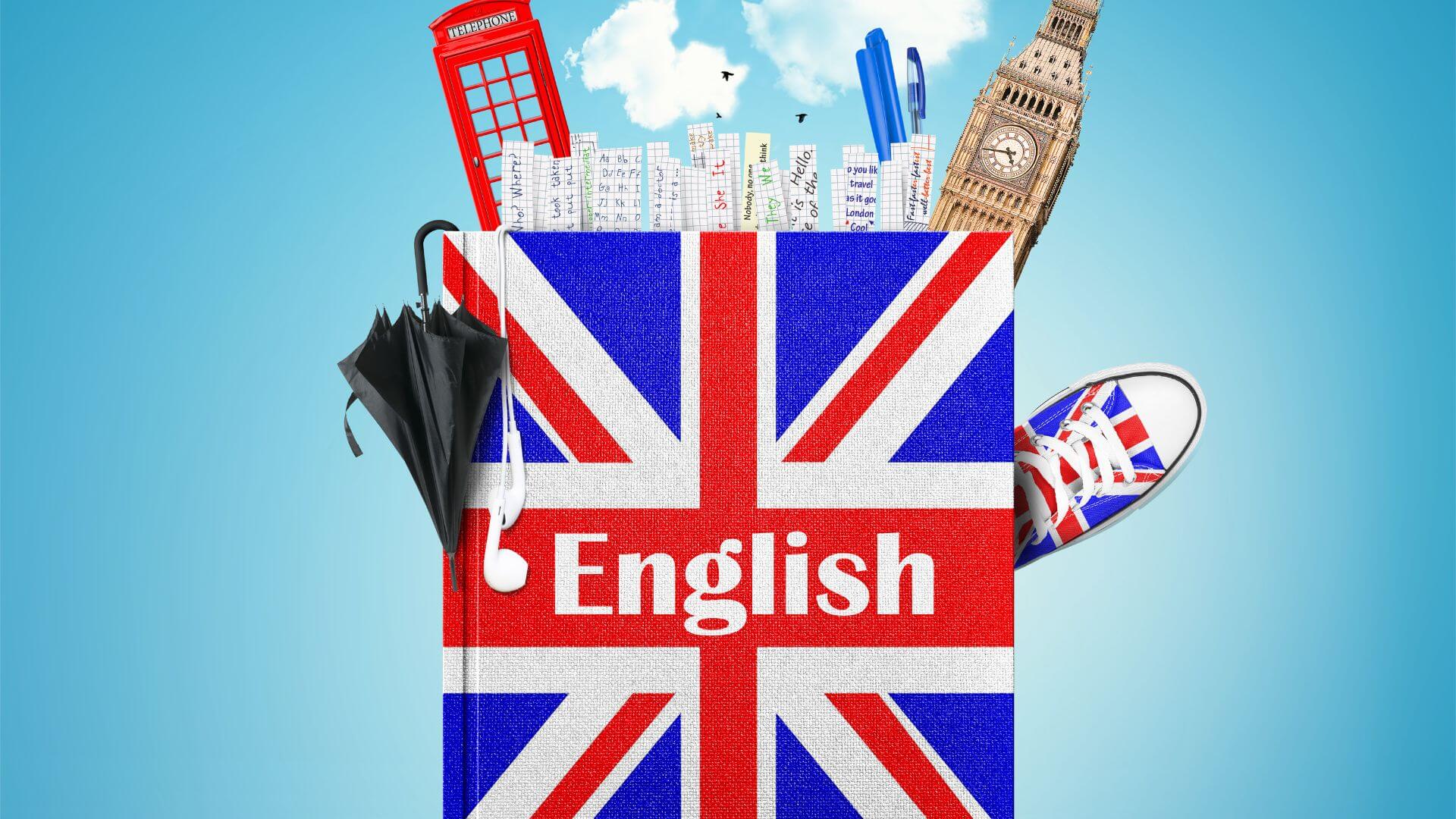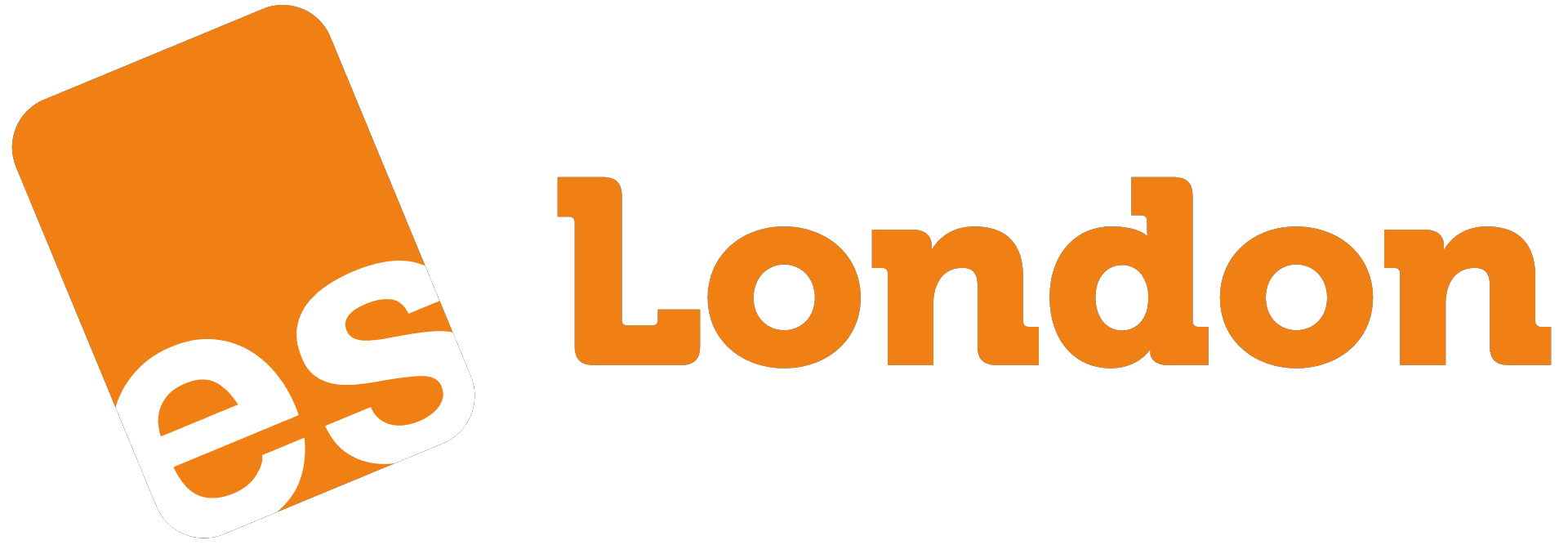
London’s Street Markets – A Fun Way To Improve Your English
London’s street markets are hidden gems waiting to be explored. Beyond the enticing products and delicious treats, these markets also provide an opportunity to learn English in an engaging way.





